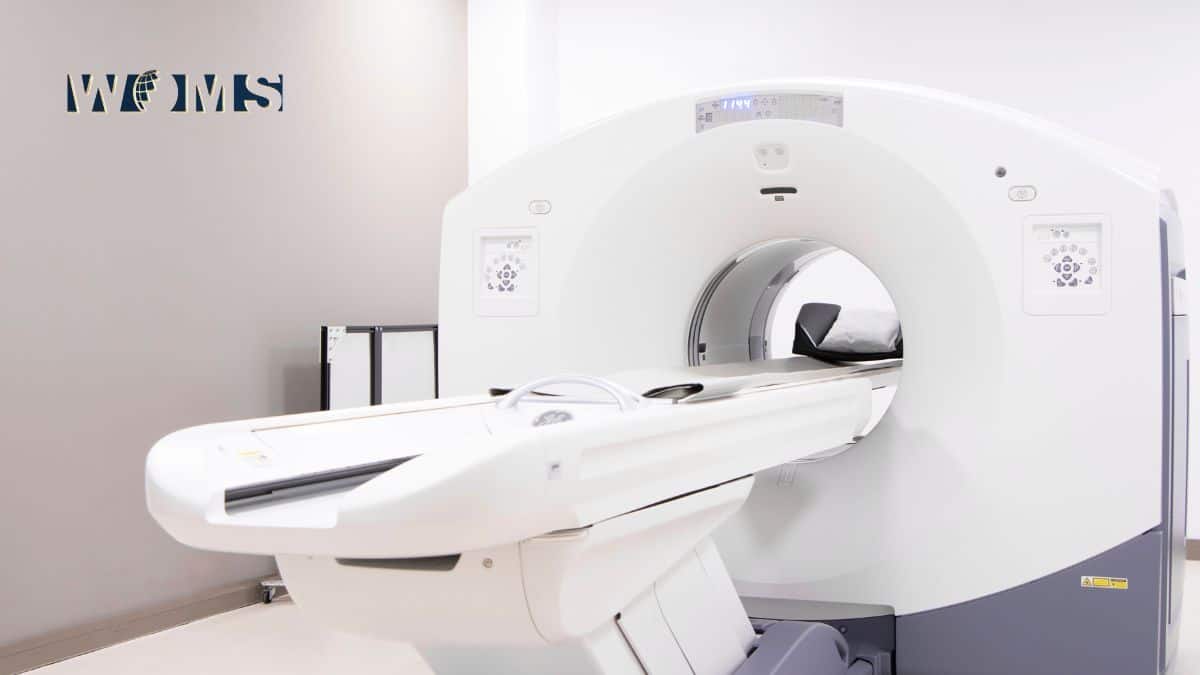Understanding MRI in Modern Healthcare

Magnetic Resonance Imaging (MRI) has revolutionized modern medicine, offering detailed images of the body with little to no invasiveness. This groundbreaking technology has significantly improved healthcare and contributed to our understanding of the human body. Despite its immense benefits, many people are still unaware of the complexities and considerations regarding MRI’s usage. This article delves into the costs and benefits of MRI in health and wellness to better understand its applications.
What is an MRI?
An MRI is a diagnostic imaging technique that uses a combination of magnets, radio waves, and computers to generate highly detailed images of internal body structures, including organs, bones, and tissues. Unlike X-ray or CT scanning, MRI does not rely on ionizing radiation, making it safer for patients and suitable for various clinical applications.
Benefits of MRI
- Safety: MRI is non-invasive and uses no ionizing radiation, making it a safer alternative to CT scans and X-rays.
- Accuracy: The images produced by an MRI are highly detailed, which can aid doctors in more accurate diagnosis and treatment planning.
- Versatility: MRI can image a wide range of structures, from bones and joints to organs and soft tissues.
- Early detection: MRI can identify diseases or conditions in their early stages, facilitating prompt intervention and improving outcomes.
Drawbacks of MRI
- Expense: MRI can be a costly procedure, potentially limiting its accessibility for many patients.
- Scarcity: MRI machines are expensive, bulky, and require specialized maintenance, leading to limited availability, especially in under-resourced regions.
- Time-consuming: MRI scans can take significantly longer than other imaging techniques, ranging from 30 minutes to over an hour per exam.
- Contraindications: Certain medical conditions, such as claustrophobia or the presence of metal implants, may present challenges for MRI candidates.
Applications of MRI in Modern Healthcare
Due to its high precision and non-invasive nature, MRI is utilized in various fields of health and wellness, such as:
- Early detection of pathologies: MRI can identify a wide range of diseases, including tumors, strokes, and infections.
- Neuroimaging: MRI is highly efficient in imaging the brain and nervous system, providing valuable insight into neurological disorders. The cost of a brain scan can vary depending on factors such as location, healthcare provider, and insurance coverage.
- Musculoskeletal imaging: MRI enables detailed visualization of muscles, ligaments, and tendons, aiding in the diagnosis of sports injuries and orthopedic conditions.
- Cardiovascular imaging: With the use of specialized sequences and contrast agents, MRI can evaluate cardiac function and vascular health.
Advancements in MRI Technology
The field of MRI is continuously evolving, with new advancements aimed at enhancing diagnostic capabilities while minimizing costs and limitations. Some notable developments include:
- Open MRI: To alleviate claustrophobia and accommodate various body types, open MRI units have emerged as an alternative to traditional closed designs.
- Functional MRI (fMRI): This technique measures brain activity by detecting changes in blood flow, which is instrumental in mapping brain function and understanding cognitive processes.
- Artificial intelligence (AI): AI algorithms can potentially enhance image quality, analyze complex data, and reduce the overall time and costs associated with MRI procedures.
The Future of MRI
As medical technology continues to advance, MRI will likely play an increasingly crucial role in diagnostics, patient care, and research. Future breakthroughs in nanotechnology, molecular imaging, and magnetic resonance hardware may enable even more innovative applications, such as early detection of complex diseases like Alzheimer’s or cancer, personalized medicine approaches, and targeted therapies. Patients can expect improved imaging capabilities, convenience, and better outcomes as the MRI technology advances and becomes more accessible.
Patient Experience and MRI Education
Being informed about the MRI procedure can help to reduce anxiety and ensure the best possible patient experience. Healthcare providers can play a critical role in educating patients about what to expect during the MRI procedure, as well as proper preparation and post-scan guidelines. By addressing concerns, explaining the reasons behind the scan, and offering a supportive environment, doctors can help patients feel more comfortable and confident about their diagnostic journey. As MRI technology becomes more prevalent in the healthcare industry, patient education and experiences will prove increasingly important.
Considerations for Healthcare Providers
For healthcare providers, weighing the benefits and costs of MRI can be challenging. Ultimately, medical professionals must consider the individual needs and circumstances of each patient when determining if an MRI is appropriate. Factors such as medical history, symptoms, and previous imaging tests should guide the decision-making process. By staying up-to-date on the latest MRI advancements and best practices, healthcare providers can ensure they are offering the most effective diagnostic tools and providing optimal care for their patients.
Conclusion
Overall, MRI has significantly impacted health and wellness due to its non-invasive nature, accuracy, and capacity to detect a wide array of medical conditions. While costs and availability remain concerns, technological advancements promise to mitigate these challenges and facilitate increasingly better access to this valuable diagnostic tool.




